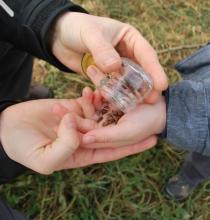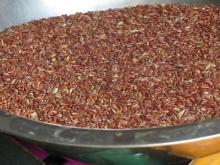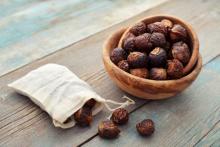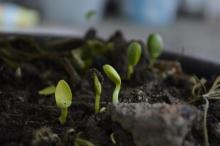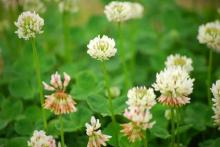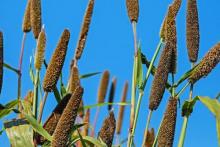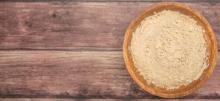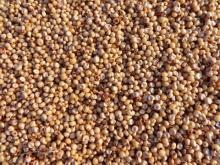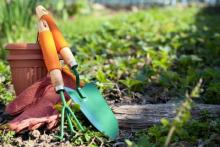Living Off The Grid: 7 Ways To Give Back To The Land
As humans, we have a tendency to consume, discard, and repeat. Too much taking without giving back can (and does) reap dire consequences. For instance, cutting down a forest full of trees for lumber without planting new trees can cause major soil erosion, and it takes away from the animal habitat.
Today I'd like to share with you 7 ways you can give back to the Earth and the environment. We live in a massive circle of life and when we are given such bountiful gifts of love and life it is wise to keep that circle moving. Here’s how you can do your part:

